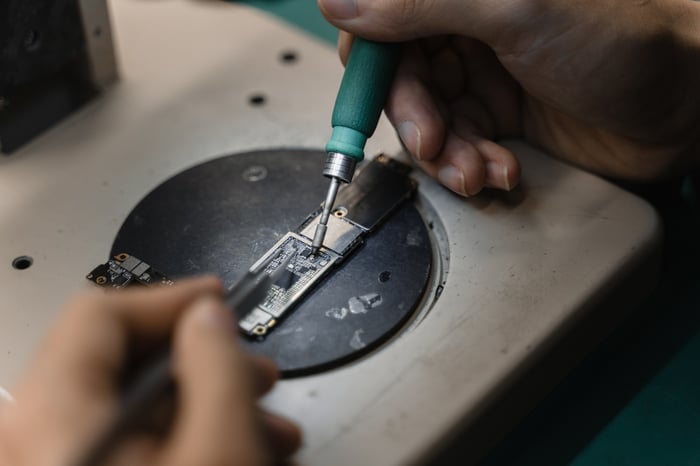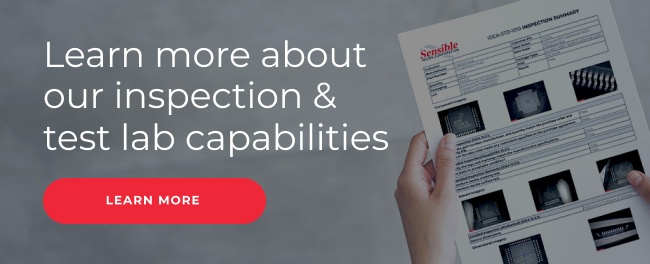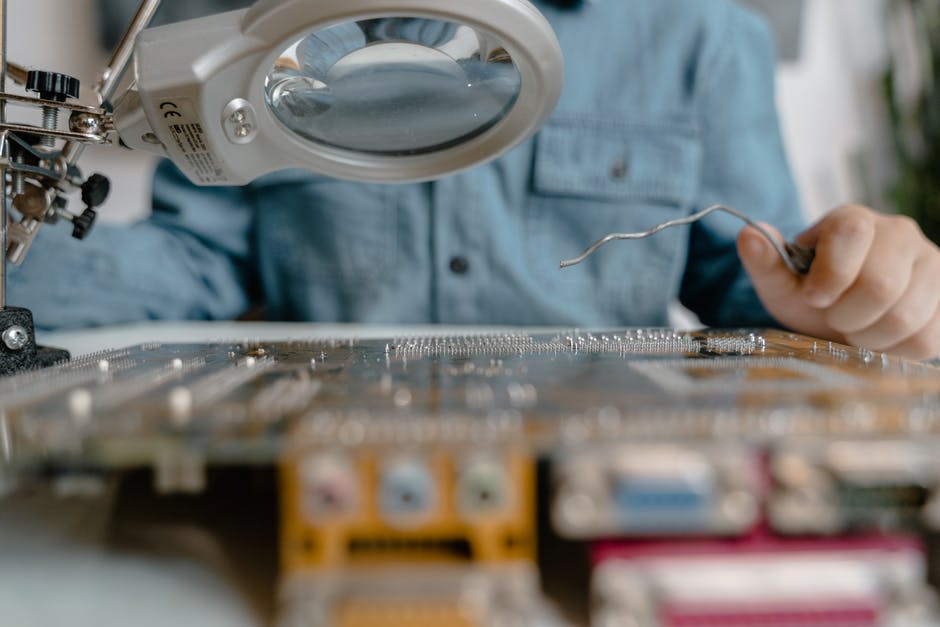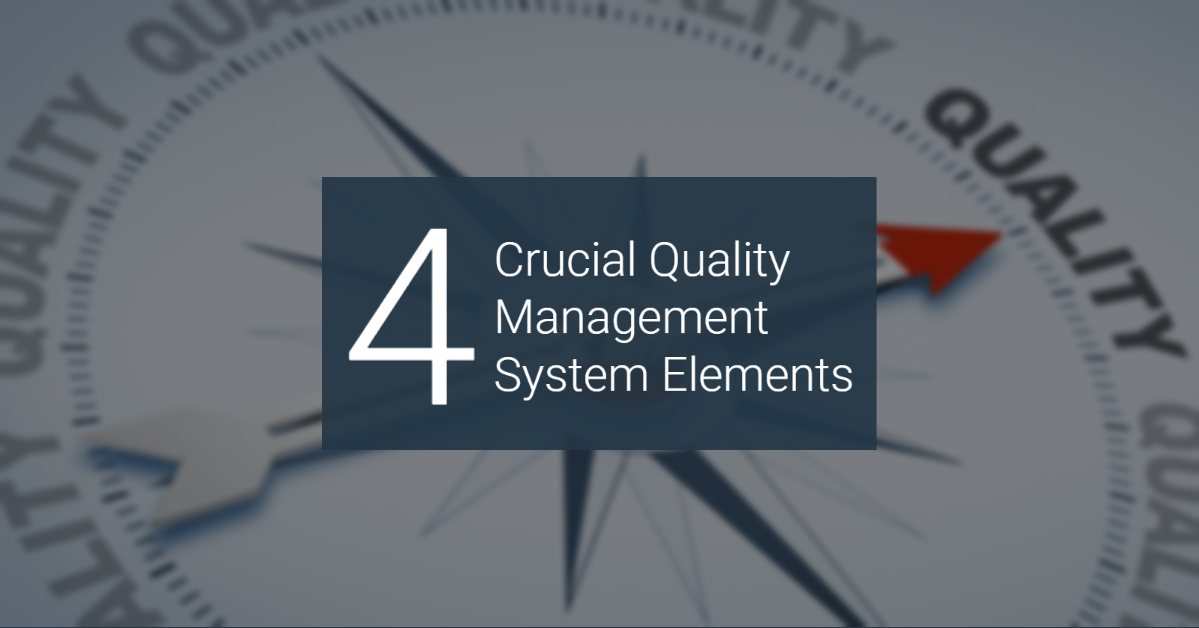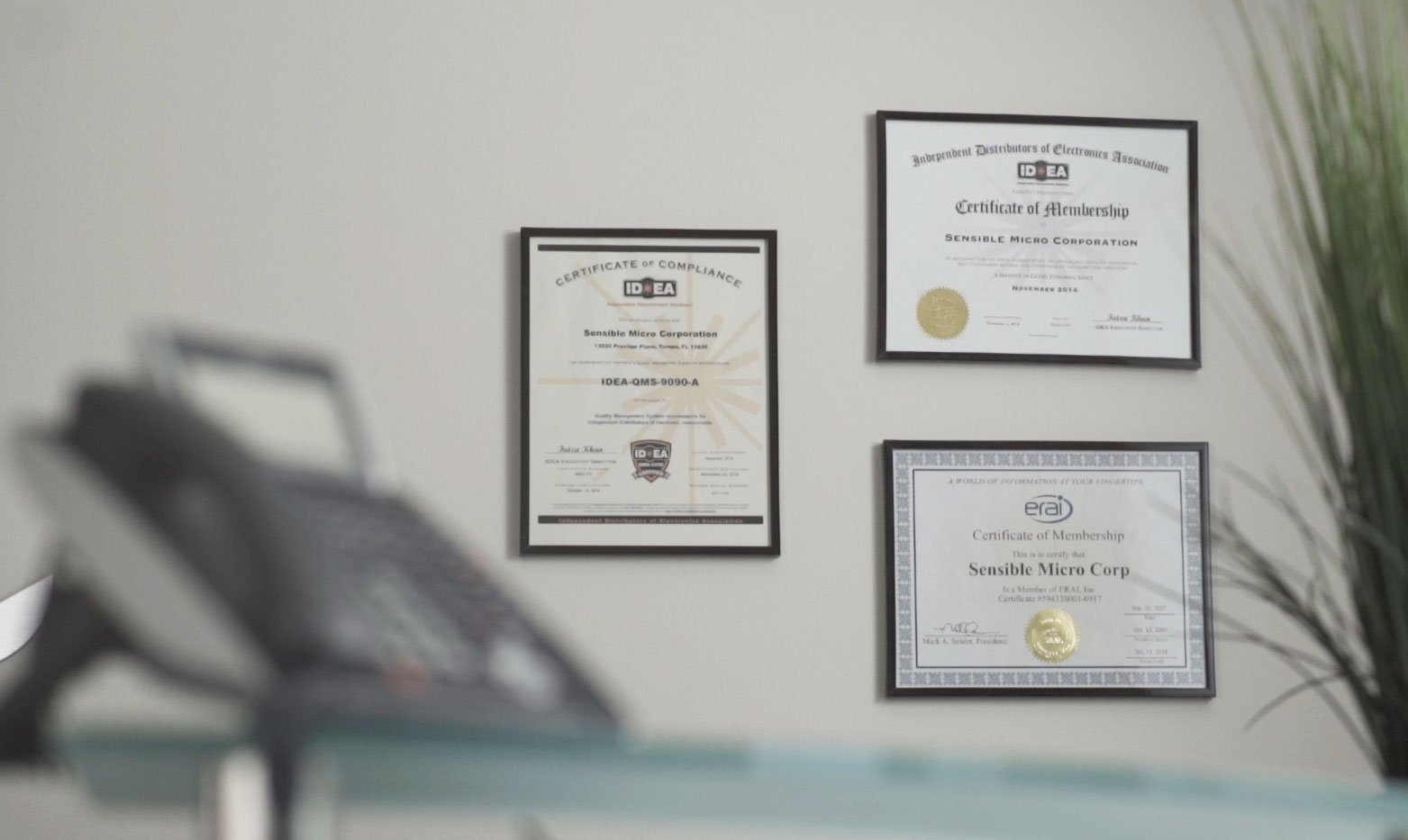Quality assurance has taken on even greater importance in the electronic components supply chain over the last few years. With supply shortages pushing more and more businesses to look for alternative sources from less-known vendors, the number of suspect and substandard components in the marketplace has steadily increased. At the same time, we’re seeing quality and procurement functions — which are co-related — evolving and steadily merging together.
What Are Quality Assurance Certifications?
Independent organizations create, regulate, and award quality assurance certifications to attest to the ability of a company to reach the highest standards for quality and continuous improvement in the industry. The International Organization for Standardization (ISO), for instance, curates one of the most important sets of standards for manufacturing. According to ISO, certification is important because:
“For consumers, conformity of products and services to international standards provides assurance about their quality, safety, and reliability.”
An independent audit of a company’s management systems will determine whether it conforms to the requirements in a given standard and will be awarded QA certification in that area.
Quality assurance certifications, both within your building and from your supply chain partners, offer a level of protection that should not be underestimated. At their core, QA certifications are preventative, rather than corrective. Any organization that meets the requirements specified by the international community represents a lower risk and a more efficient supply chain.
Here are a few of the top reasons that quality assurance certifications are key to success in the electronic components supply chain.
Reduced Costs
One of the most important advantages of quality assurance certifications is that they are linked to reduced business costs. Operations are more efficient — and financial losses less frequent — when a robust QA program prevents pauses in operations, delayed shipments, increased storage fees, rejected or returned goods, and other unwanted expenses. By contrast, a company without QA certifications is more likely to introduce each of these costly consequences to the supply chain.
Brand Reputation
Quality assurance practices throughout the supply chain will directly impact the quality of the end product, and therefore, the reputation of your company. All components within a product are a reflection of the company that has put them on the market, no matter where the parts (or their materials) have been sourced from.
Products that wear out or break down in advance of the expiration of a listed warranty period expose your company to the risk of returns, hazardous failures, and damage to your brand’s public image. QA failures on the part of external suppliers are no excuse when the result is the same for the end-user, regardless of the source of the failure. Certified quality assurance practices protect consumer and business preferences for your components or products.
Better Performance
Certification is proof that a company is reviewing and perfecting all quality assurance processes. As with any internal review initiative, a close look at quality assurance often reveals opportunities for improvement. Any changes implemented in the course of maintaining quality assurance certifications have the potential to reduce variance in manufacturing processes, increase quality, and drive efficiency.
Our Quality Assurance Certifications
Sensible Micro takes QA seriously. We actively maintain these top 7 QA certifications that are critical to success in the electronic components supply chain.
Get in touch with Sensible Micro today to see how we can assist you in solving your supply chain problems and accessing the critical components you need with confidence.















